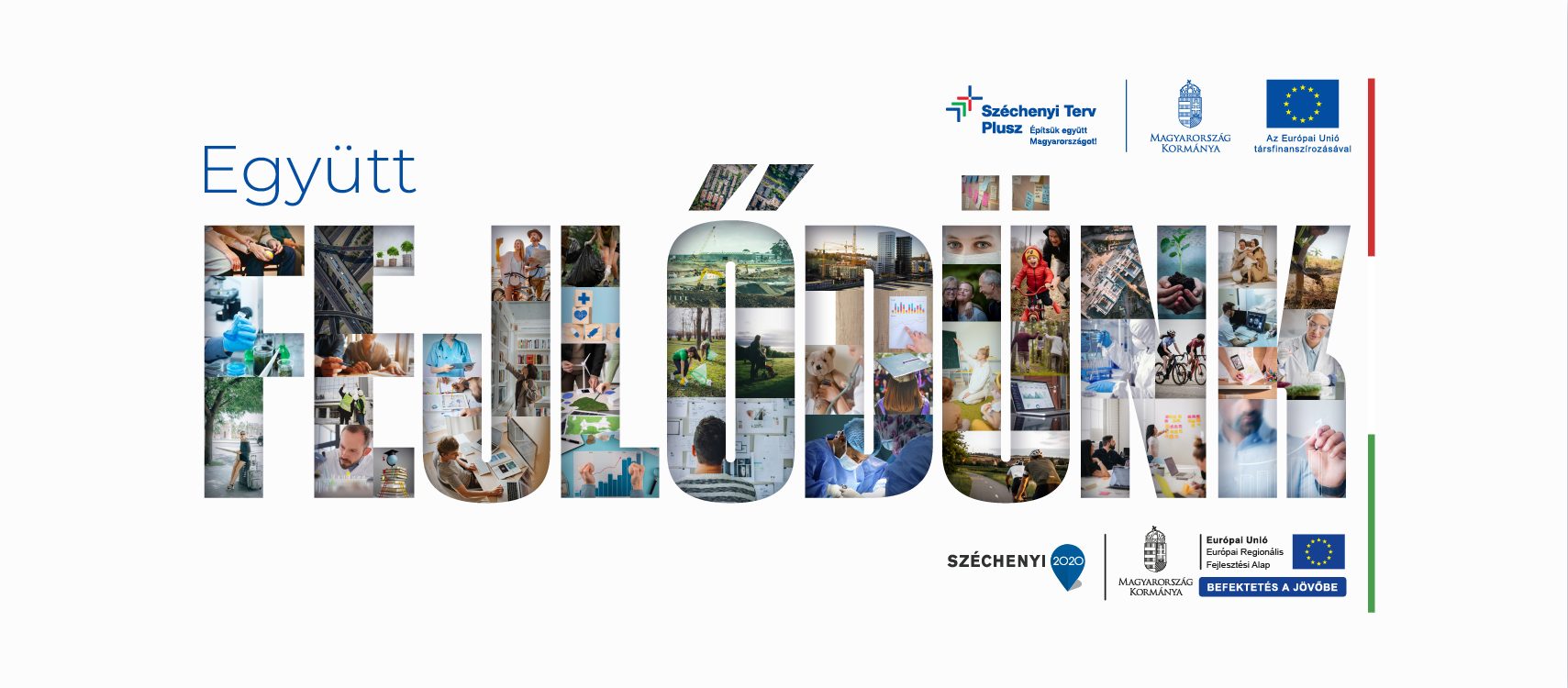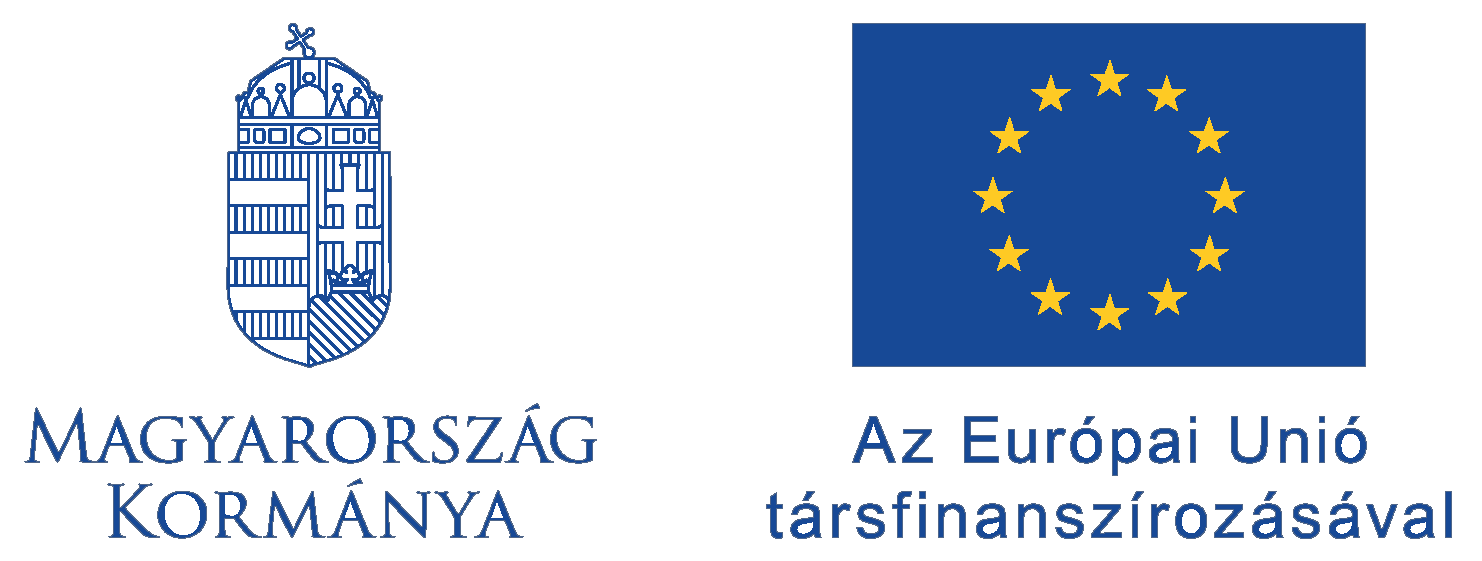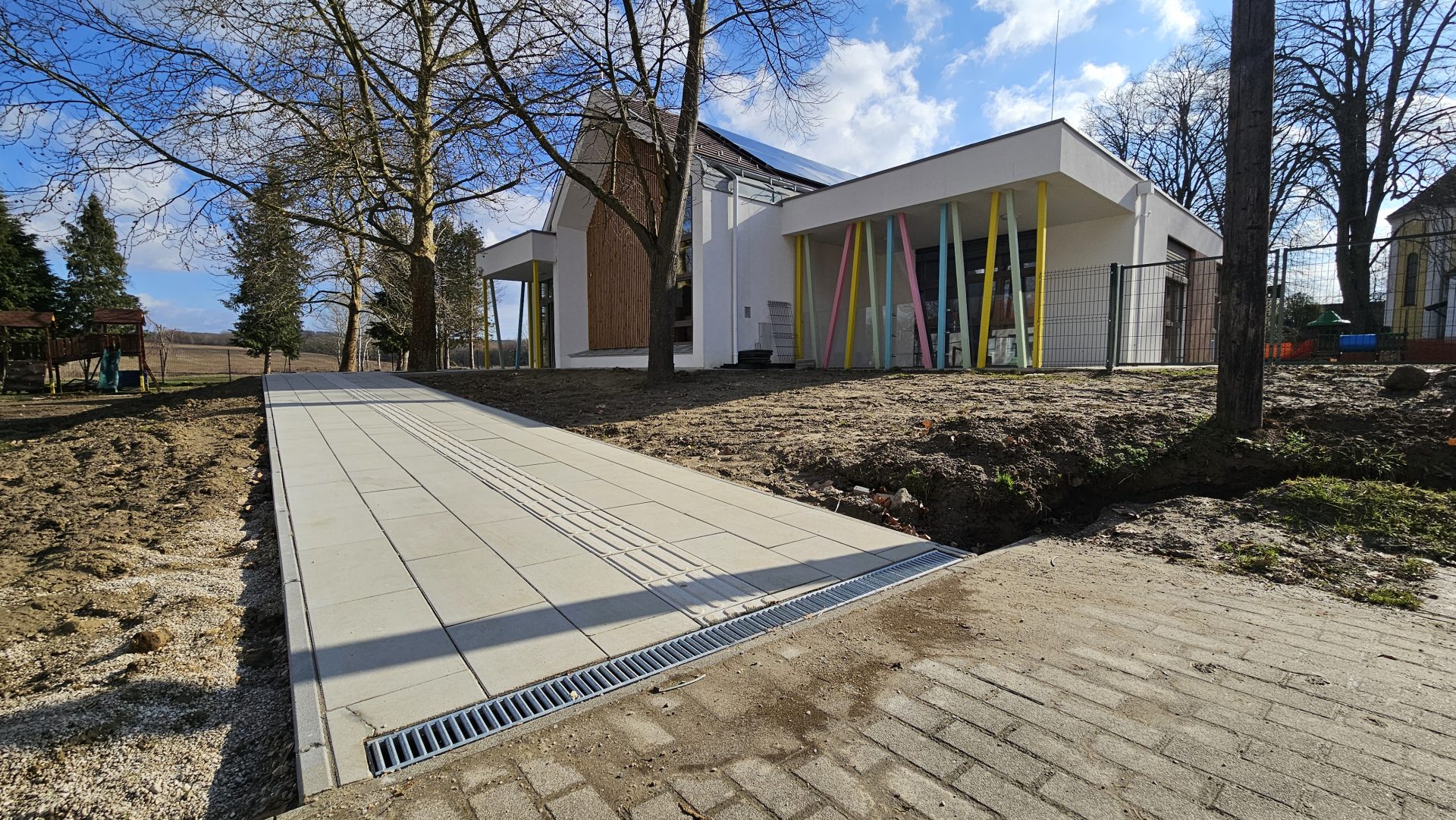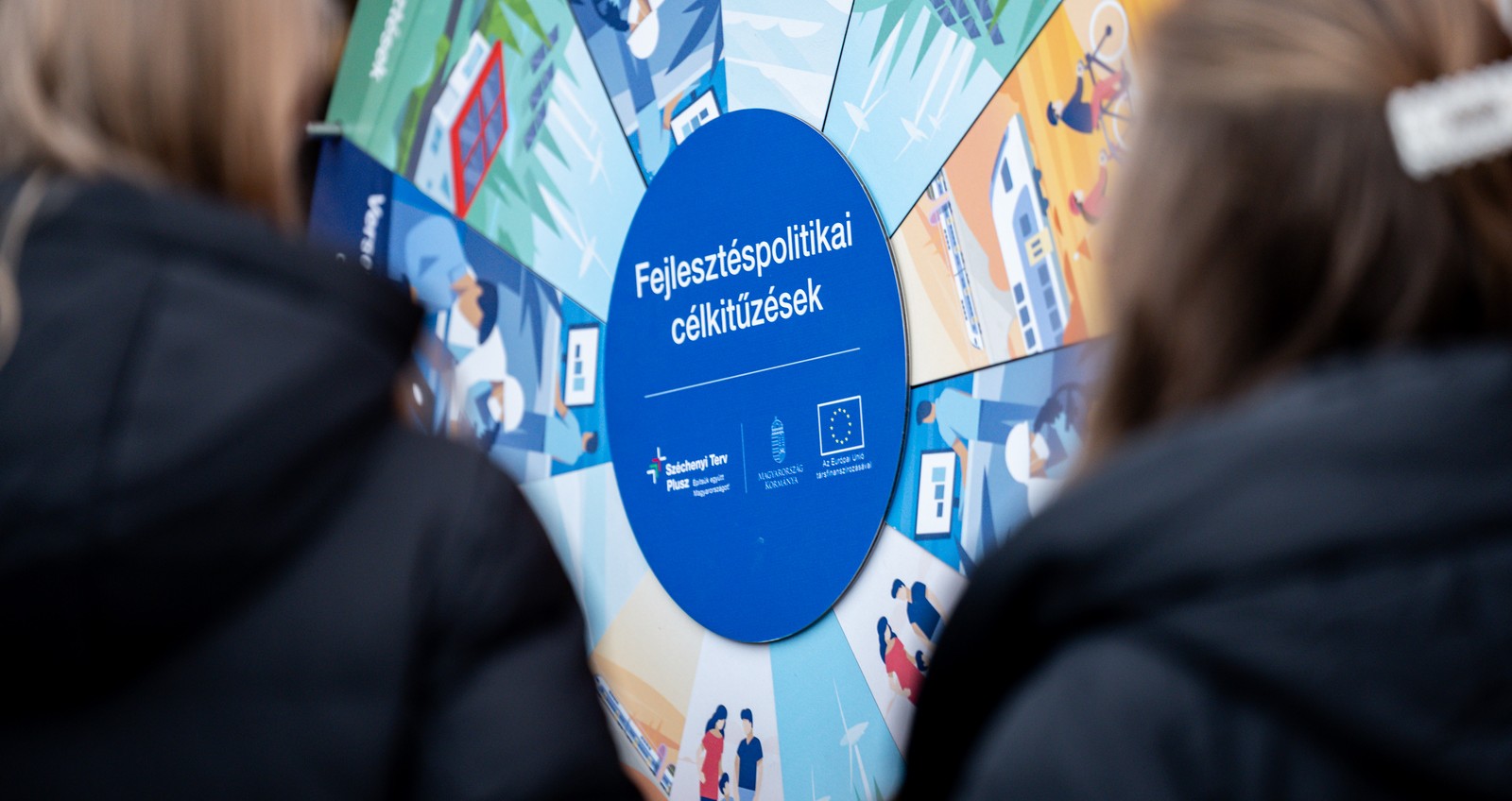The central administrative system has been enriched with impressive and practical features. Developments implemented by the National Infocommunications Service Provider Ltd. (NISZ) introduce new possibilities for electronic administration, such as remote witnessing or telecommuting in judicial proceedings. In the 2014-2020 programming period of the European Union, a project financed by the Administrative and Public Service Development Operational Program established nearly three hundred video conferencing endpoints effectively supporting administrative processes.
Nowadays, participants in official procedures don’t necessarily need to be physically present in the same location. A solution exists that allows efficient collaboration among courts and government agencies from different parts of the country. The development by NISZ supports internal administrative processes through the establishment of video communication endpoints. One of its objectives was the introduction of image and sound recording, as well as remote hearings in judicial proceedings. A significant advantage of the investment is the modern and efficient replacement of the costly transportation of detainees through the establishment of a nationwide system for remote witnessing.
Equally important is the implementation of a unified, centrally operated video presence platform that integrates isolated systems and is flexibly expandable. The project created a centrally-managed infrastructure that can handle multiple systems simultaneously and easily connects to existing closed networks. An essential aspect of the development was ensuring its easy expandability to meet future needs.
During the live testing of the system, nearly fifteen thousand connections were established, facilitating court hearings, remote testimonies, and educational sessions through video conference calls. Thanks to the development, every correctional facility in Hungary now has such endpoints. The system developed during this pioneering European administrative project is not only more secure but also supports reintegration since detainees do not miss out on work or education opportunities.
The program was implemented with European Union funding in the KÖFOP-1.0.0-VEKOP-15-2015-00003 project under the Public Administration and Civil Service Development Operational Programme and the Competitive Central Hungary Operational Programme.
Find out more about the project in the Project Finder:Details








